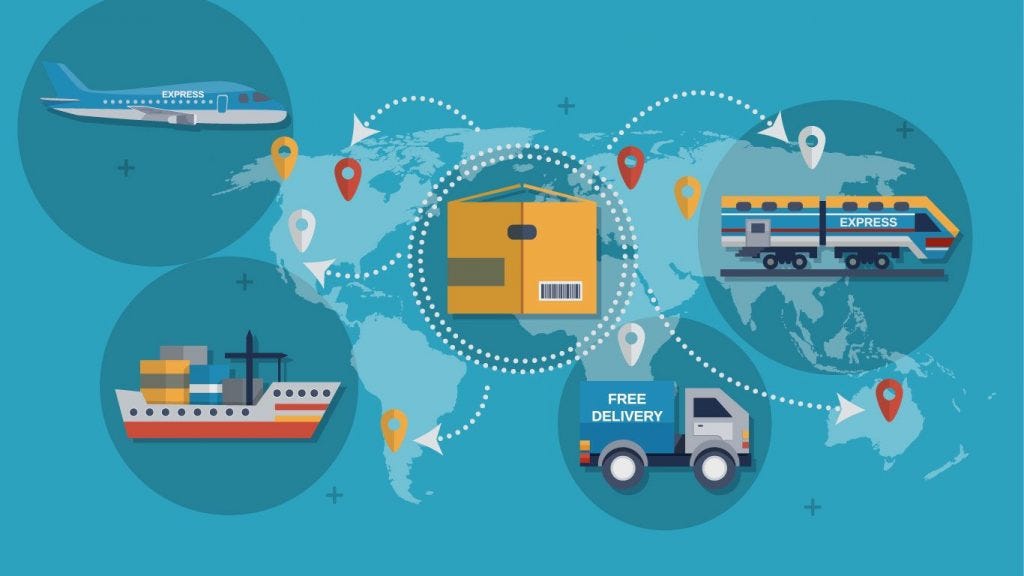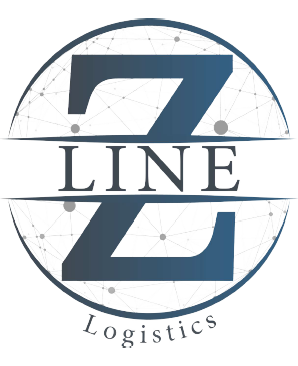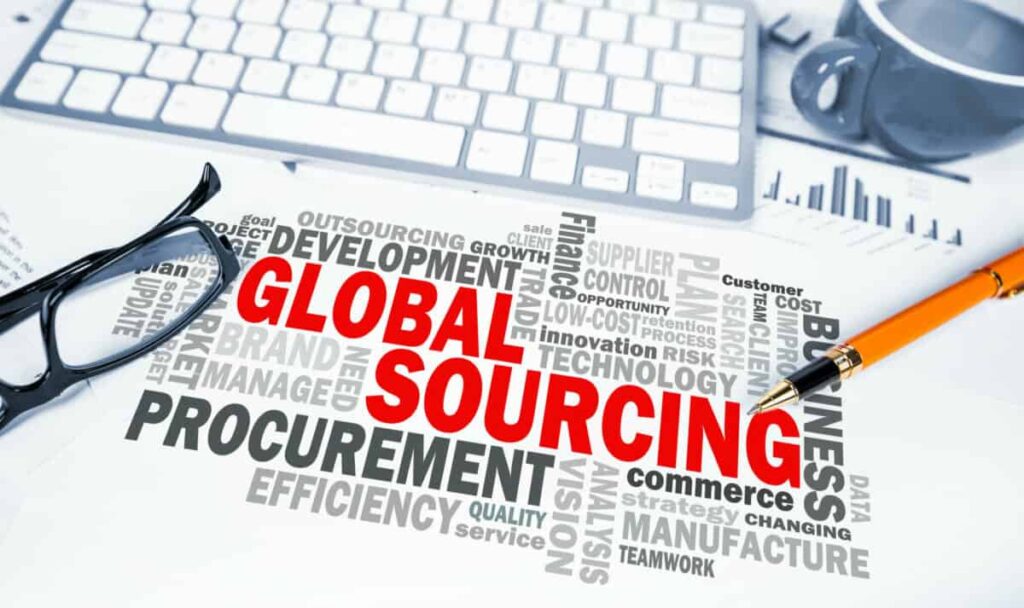In today’s interconnected world, businesses are increasingly turning to global sourcing to expand their reach, reduce costs, and access a wider variety of products and services. However, navigating the global marketplace can be complex, and successful sourcing requires a strategic approach.
In this blog post, we’ll explore the 4 pillars of global sourcing that ensure success. These pillars will serve as a roadmap for businesses looking to use international suppliers to achieve their strategic objectives.
Table of Contents
So, What are the 4 Pillars of Global Sourcing?
In short, the 4 pillars of global sourcing are cost, quality, reliability, and sustainability. Let us dive in!
Pillar 1: Cost
Cost is a critical factor in global sourcing. Businesses often seek to reduce costs by sourcing goods and services from countries with lower labor costs or more favorable economic conditions.
However, it’s essential to consider the total cost of ownership (TCO) rather than solely focusing on upfront costs.
Key Considerations:
- Labor Costs: Compare labor costs in different regions, considering factors such as productivity, skill levels, and benefits.
- Currency Exchange Rates: Fluctuations in currency exchange rates can impact the overall cost of sourcing.
- Transportation Costs: Evaluate the costs associated with shipping goods from international suppliers, including transportation modes, customs duties, and taxes.
- Tariffs and Duties: Understand the import and export regulations and associated tariffs that may affect the total cost.
- Hidden Costs: Be aware of potential hidden costs such as supplier certification fees, quality control expenses, and language barriers.
Cost Analysis and Comparison:
- Benchmarking: Compare prices from multiple suppliers and regions.
- Cost-Benefit Analysis: Evaluate the potential cost savings against any additional risks or complexities associated with global sourcing.
- Negotiation: Use effective negotiation tactics to secure favorable pricing terms.
Total Cost of Ownership (TCO):
- Consider long-term costs: Evaluate the total cost over the product’s lifecycle, including maintenance, repairs, and warranty claims.
- Factor in quality and reliability: Lower upfront costs may be offset by higher long-term costs due to poor quality or unreliable suppliers.
- Assess hidden costs: Consider factors such as transportation, customs, and potential risks that may impact the overall cost.
Learn more: The Positive and Negative Impacts of the Amazon Effect on Freight in Dubai
Pillar 2: Quality
Quality is another crucial factor in global sourcing. Businesses must ensure that the products or services they source meet their desired standards and specifications.
Key Considerations:
- Quality Standards and Certifications: Evaluate suppliers’ adherence to international quality standards such as ISO 9001 or industry-specific certifications.
- Supplier Audits: Conduct regular audits or inspections to assess suppliers’ quality control processes and facilities.
- Sample Testing: Obtain samples of products for testing to verify quality and compliance with specifications.
- Customer Feedback: One of the global sourcing advantages is to gather feedback from customers to assess the quality of sourced products.
Supplier Evaluation and Selection:
- Supplier Due Diligence: Conduct thorough research on potential suppliers, including their reputation, experience, and financial stability.
- Quality Assurance Plans: Evaluate suppliers’ quality assurance plans and their commitment to continuous improvement.
- References and Testimonials: Request references and testimonials from other businesses that have worked with the supplier.
Quality Control and Inspection:
- Incoming Stock Inspection: Inspect incoming materials and components to ensure they meet quality standards.
- Process Control: Monitor production processes to identify and address any quality issues.
- Outgoing Inspection: Inspect finished products before shipment to verify quality and compliance.

Read more: IMEI Scanning Services in UAE Explained – How to Protect Your Mobile?
Pillar 3: Reliability
Reliability is another crucial factor in global sourcing. Businesses must ensure that their suppliers can consistently deliver products or services on time and in the quantities needed.
Key Considerations:
- Supplier Performance: Evaluate suppliers’ track record for on-time last-mile delivery, order accuracy, and responsiveness to customer inquiries.
- Supply Chain Resilience: Assess suppliers’ ability to manage disruptions and maintain supply chain continuity.
- Risk Management: Develop contingency plans to mitigate potential risks such as natural disasters, political instability, or economic fluctuations.
Supplier Evaluation and Selection:
- Track Record: Review suppliers’ past performance and customer references.
- Capacity and Capability: Assess suppliers’ production capacity and their ability to meet increasing demand.
- Risk Assessment: Evaluate potential risks associated with sourcing from a particular region or supplier.
Risk Management and Contingency Planning:
- Diversification: Consider sourcing from multiple suppliers to reduce dependence on a single source.
- Backup Suppliers: Identify potential backup suppliers in case of disruptions.
- Emergency Response Plans: Develop plans to address unforeseen events and minimize their impact.
For more information: Embracing Green Last-mile Delivery in Dubai for 2024
Pillar 4: Sustainability
Sustainability is increasingly becoming a critical factor in global sourcing. Businesses are expected to consider the environmental, social, and economic impacts of their sourcing decisions.
Key Considerations:
- Ethical Sourcing: Ensure that suppliers adhere to ethical labor practices and avoid child labor or forced labor.
- Environmental Impact: Evaluate suppliers’ environmental practices, such as waste management, energy efficiency, and carbon emissions.
- Social Responsibility: Consider suppliers’ commitment to community development and social welfare.
- Long-Term Partnerships: Foster long-term relationships with suppliers who share your sustainability goals.
Supplier Evaluation and Selection:
- Sustainability Certifications: Look for suppliers with certifications such as Fair Trade, Rainforest Alliance, or LEED.
- Supplier Code of Conduct: Evaluate suppliers’ adherence to ethical and sustainable business practices.
- Sustainability Reporting: Assess suppliers’ transparency and commitment to sustainability reporting.
Sustainability Practices:
- Carbon Footprint Reduction: Encourage suppliers to reduce their carbon footprint through measures such as energy efficiency and renewable energy.
- Waste Reduction: Promote sustainable local sourcing and waste management practices, such as recycling and waste reduction programs.
- Fair Trade Practices: Support fair trade initiatives and ensure that suppliers pay fair wages and provide decent working conditions.

Learn more: A Deep Dive into Pharmaceutical Cold Chain Logistics in Dubai in 2024
Conclusion: Building a Strong Foundation with the 4 Pillars of Global Sourcing
The four pillars of global sourcing—cost, quality, reliability, and sustainability—are the cornerstones of a successful global sourcing strategy.
By carefully evaluating and balancing these elements, businesses can maximize the benefits of international sourcing while mitigating potential risks.
Remember, global sourcing is more than just finding the cheapest supplier. It’s about building strong partnerships, optimizing your supply chain, and achieving sustainable growth in today’s competitive global market.
With Z Line Logistics Services you’d better understand the 4 pillars of global sourcing, and you’ll be well-equipped to navigate the global marketplace and achieve your business goals.
FAQs
- What are the 4 pillars of supply chain?
The four pillars of supply chain are planning, sourcing, manufacturing, and delivery, ensuring smooth operations from raw materials to final products.
- What are the 4 steps of strategic sourcing?
The four steps of strategic sourcing include analyzing needs, researching suppliers, negotiating contracts, and managing supplier relationships for cost-effective procurement.
- What are the 4 types of procurement?
The four types of procurement are direct, indirect, goods, and services, covering everything from raw materials to operational supplies and outsourced work.




